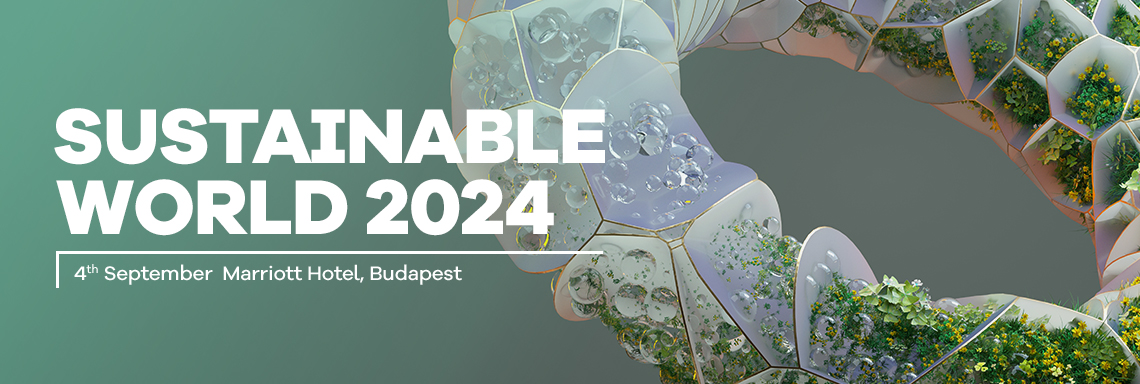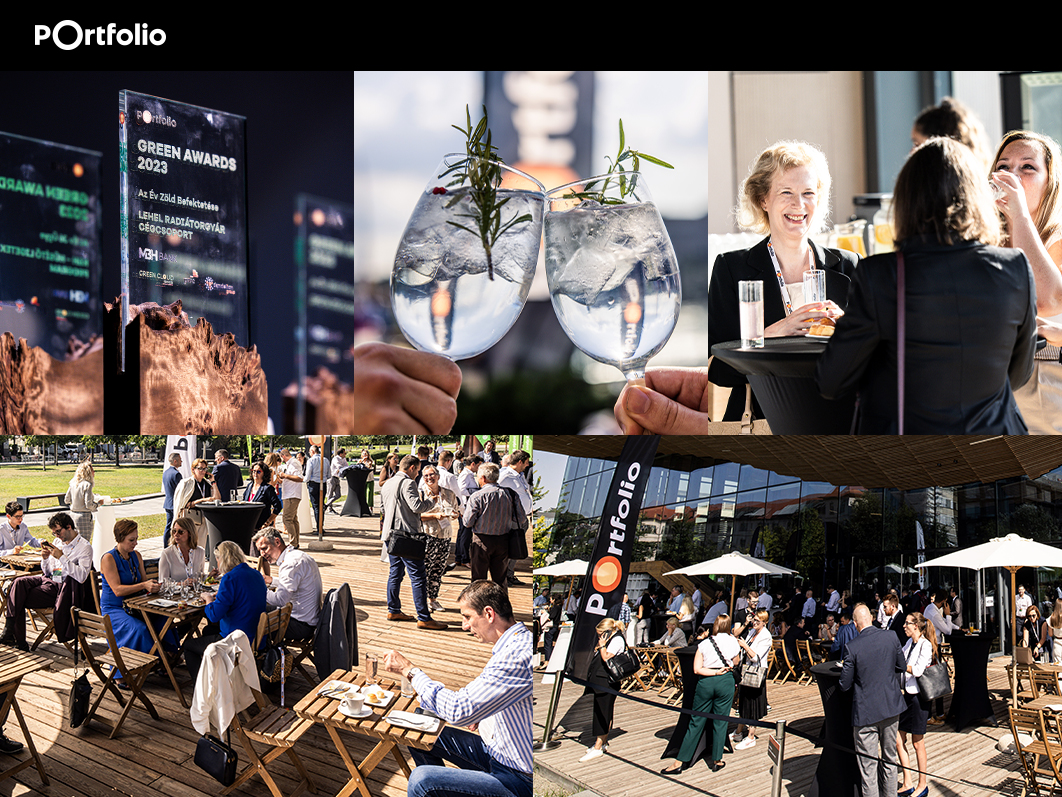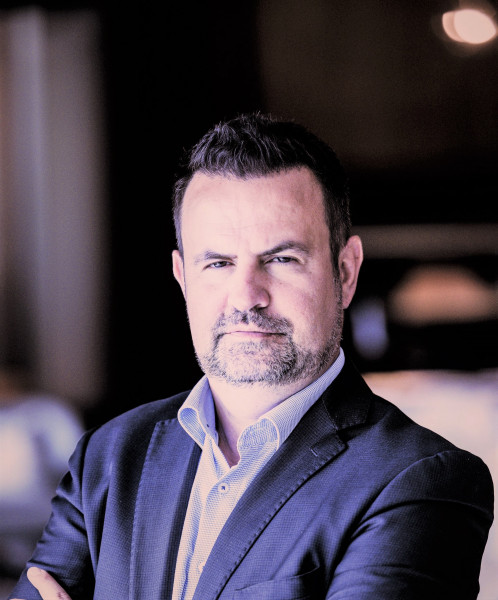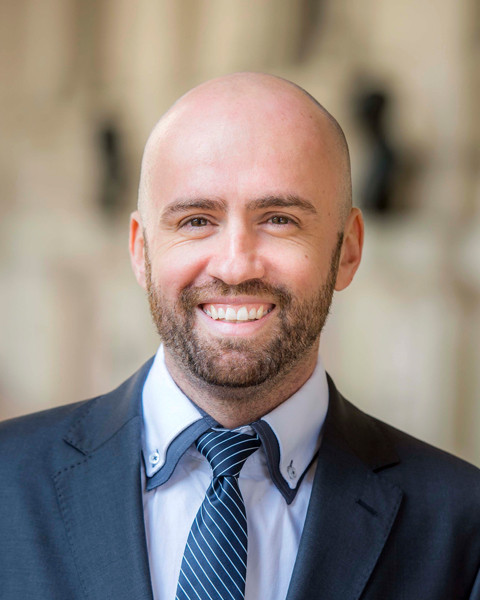



Achieving a green economy has become a priority for all EU countries. Sustainability is embedded at deeper and deeper levels in the business world, but according to the most experienced companies and actors, it is not a new priority but a rock-solid foundation for continued competitiveness and stability. In addition to staying in the game, the pressure to invest, introduce new innovations, comply with regulations, and the changing capital market focus and funding environment pose different challenges that only those with a long-term vision and a well-planned net-zero roadmap will be able to overcome.
Sustainability has become a strategic question, but how can we translate green strategies to the tasks of the present? How can the green transition be understood financially, what is the net present value of a green project or company? What does the world of business have to prepare for, and what EU and government interventions can the realisation of a green economy bring about? Is greening easier and faster with EU funds or other financial instruments and loans? What steps will the largest companies, the determining industry representatives take now?
08:55 - 09:00
09:00 - 09:20
Synergies between the Hungarian economy and the green transition
Speaker: Máté Lóga, State Secretary for Economic Strategy, Financial Resources and Macroeconomic Analysis, Government of Hungary
09:20 - 09:35
Global Perspective: The Financial Sector’s role in facilitating the Green Transition
Speaker: Rashmi Ghai, Global Head of Sustainability and ESG for Citi Commercial Bank, Citi
09:35 - 09:50
Hungary on the path to a green transition – What will the financial sector do?
Speaker: Gergely Pókos, Managing Director, OTP Bank Zöld Program Igazgatóság
09:50 - 10:35
Rising economic sentiment, tightening green regulatory environment – Visions and focal points from the roundtable of business leaders
Moderator: Zoltán Bán, CEO, Net Média (Portfolio Group)
Conversation participants:
New winds are blowing in the capital and credit markets: green investment products are steering players towards a world that supports green investment, the central bank is looking at markets through a green lens, and commercial banks also have a vested corporate interest in financially supporting sustainable projects and the transition from brown to green. We are starting to move away from the view of green projects as a cost burden, as there is a growing group of people who have realised measurable benefits from sustainable operations and green investments over the years. There is no longer a need to convince anyone; it is sufficient to showcase the best implementations and opportunities.
What transformation will the green transition and climate change bring to financial markets? What new risks should be priced in? How are dark green and light green products different? What are the banks' lending strategies and their favourite green investments and projects? What are the funding opportunities now for a large company and an SME?
11:10 - 11:25
Green finances in Hungary
Speaker: Norbert Holczinger, Head of Division, Sustainable Finance Department, MNB
11:25 - 11:40
The link between green finance and sustainability in a large company
Speaker: László Fazekas, Deputy Chief Financial Office, MVM
11:40 - 11:55
Dark and light green in investments? Where should we invest our future?
Speaker: Tímea Tomasovszki, ESG Officer, VIG AM Hungary
11:55 - 12:10
What do customers see of green finances? Results of the Mastercard Sustainability Perception Index
Speaker: Nóra Anna Szabó, Product Manager, Mastercard
12:10 - 12:55
Roundtable discussion: Will green lending change the game? – Everything about financing possibilities
Moderator: Gergő Wieder, Director, KPMG
Conversation participants:
The deeper we dig into the practical implementation of ESG, the trickier the problems it presents. The biggest companies have been learning the process for a long time, but in 2024, they will be tested on what they have learned under Hungarian law. After somewhat vague pressures from investors, consumers, employees and funding compliance, regulation is now setting concrete expectations for market players – now the big ones, but indirectly, in fact, all their partners, their suppliers, and their subcontractors, in other words, the medium-sized enterprise sector. The corporate ecosystem is increasingly faced with the challenge that without adopting ESG practices, there will be no one to supply or deliver to.
What are the first experiences with the ESG law? How well can companies map Scope 2 and Scope 3 emissions? Do we have data yet? How will the Hungarian legislation integrate parts of the CSDDD? Is it going to be possible to realise net zero commitments without sugar-coating data and numbers? Are companies dealing with the 'S' and 'G' aspects that are thought to be easy? Can these aspects be measured and compared?
11:10 - 11:25
New challenges of the ESG law – What have we learnt, what will change next year?
Speaker: Csaba Gábor Molnár, ESG Director, Szabályozott Tevékenységek Felügyeleti Hatósága
11:25 - 11:40
11:40 - 12:25
Let's tackle the tasks! – Scope 3 and domestic ESG law
Moderator: Irén Márta, Managing Director, Business Council for Sustainable Development in Hungary
Conversation participants:
12:25 - 12:40
What does business have to do with social sustainability?
Speaker: Gréta Nagy, Managing Director, Dandelion
12:40 - 13:15
Measuring and managing the ‘S’ and 'G' side – Roundtable discussion
Moderator: Gréta Nagy, Managing Director, Dandelion
Conversation participants:
In the most effective and greenest manner possible: This is now a priority for the national, corporate and residential sectors in the energy market. The rollercoaster ride in prices in recent years keeps energy policy, security of supply, and energy sovereignty on the top of the priority list, with the government opening up new avenues for renewables such as geothermal and continuing to insist on nuclear energy, which is often debated in terms of its environmental impact. Meanwhile, both businesses and households are maximising the potential of solar energy, while the demand-side reduction is also gaining importance thanks to energy efficiency investments. There are plans, various paths, and opportunities, as well as challenges in infrastructure development, achieving the 2030 targets, and overcoming weather dependency.
What will be the perfect energy mix for Hungary in 2030? How will the National Energy and Climate Plan, finalised in the summer of 2024, change the energy market and the priorities of actors? What will be the new trend in the energy market, and how will prices develop? How will the long-awaited major network development be implemented? How can energy efficiency investments be increased to achieve lower energy consumption?
14:05 - 14:20
Decarbonising the energy market in the light of EU legislation
Speaker: Bernadett Papp, Senior Market Analyst, Pact Capital AG
14:20 - 14:30
Dilemmas and possible solutions in the supply of green energy to the domestic corporate sector
Speaker: László Pokol, CEO, Green Cloud Platform
14:30 - 15:15
Energy market plans and implementation steps: development, greening, efficiency improvement: Everything about the Hungarian situation.
Moderator: Attila Weinhardt, Senior Analyst, Portfolio
Conversation participants:
In the intertwining systems of the building sector, urban development, and mobility, it is not possible for just one element to become green. A sustainable city cannot exist if buildings, transportation (and the population) do not align with it. Furthermore, a green property requires an appropriate regulatory environment and the energy efficiency mindset of those working or living in it. Electromobility creates new challenges but also opportunities in achieving carbon neutrality. Energy efficiency is now the new buzzword sweeping the real estate market (in a positive sense) and determining the next steps for the players involved.
Where are the new electromobility trends taking the concept of the liveable city? What opportunities does the greening of transport hold for businesses? How can an existing building and its operation be sustainable? How can players contribute to the task of decarbonising the commercial, public, and residential real estate sectors, which still have huge question marks?
13:45 - 14:00
The foundations of the livable city of 2050 are being laid now – Electromobility trends
Speaker: András Kárpáti, President, Jövő Mobilitása Szövetség
14:00 - 14:15
14:15 - 14:30
Electric Mobility and Energy Storage: How Are We Preparing for the Future?
Speaker: Anita Simon, Deputy CEO, Sustainability and Circular Economy, Alteo Group
14:30 - 14:45
Green property management in practice
Speaker: Dóra Diána Szemerédi, Head of ESG and corporate relations, Gránit Pólus Management
14:45 - 15:30
Reality or utopia – Will we ever have a carbon-neutral building stock?
During the roundtable discussion, we will explore how various stakeholders in the real estate market can contribute to the greening of the building stock, how they see the transformation of commercial properties, the process of making residential buildings more energy-efficient, and the support (or lack thereof) provided by the legal and financial environment.
Moderator: József Kolossa DLA, Senior sustainability consultant, Hungary Green Building Council (HuGBC)
Conversation participants:
It used to be a competitive edge, but now sustainability is becoming the baseline for every economic actor. The stakes are no lower than shaping future-proof companies by properly managing the financial, operational and even physical risks posed by climate change.
How can companies, employees, and Gen Z be included most effectively in realising sustainability actions? What does communication without greenwashing mean in practice? What will big businesses expect from suppliers and what will happen to supply chains in the green tsunami? How are actors planning to tame the "green monster" affecting all areas?
15:50 - 16:00
16:05 - 16:45
Corporate communication without greenwashing in practice – Small roundtable discussion
Moderator: Zsófia Tomaj, CEO, Vantage Point
Conversation participants:
16:45 - 17:20
New Mobility and Decarbonisation
Moderator: Márton Békés, Associate Partner, McKinsey & Company, Budapest
Conversation participants:
Agriculture is one of the most complex industries and maybe also the most interesting one when it comes to climate questions and emission reduction targets. It has a serious carbon footprint but is also one of the first to suffer the natural damage that climate change is inflicting. It also has a key role and interest in the proper use and protection of transparent gold – our waters. Water security receives undeservedly little attention, although it is a key determinant of our daily existence, and it is also critical for crop and food security.
What opportunities and pitfalls does the future hold for agriculture and the food industry? What does adaptation mean in practice? How to avoid a drop in production during a drought? What do and should players do for water security?
15:50 - 16:00
How Can We Become a Truly Water-Rich Country?
Speaker: Dóra Csernus, Director for Climate and Environmental Policy, Equilibrium Institute
16:00 - 16:10
Targeted Groundwater Recharge as a Complex Nature-Based Solution to Water Scarcity
Speaker: Szilvia Simon, Adjunct Professor, Eötvös Loránd University, Institute of Geography and Earth Sciences, Department of General and Applied Geology
16:10 - 16:50
Crop, food and water security in the for-profit world
Moderator: Lajos Braunmüller, Editor, Portfolio
Conversation participants:
This year, the most outstanding green achievements will be recognised in 6 categories!
Dandelion Group and Portfolio Group will again this year reward the most committed economic actors at the Sustainable World 2024 Conference, the sustainability meeting of the year. The winners will be selected by a professional jury who will decide on the following:
Green Corporation of the Year
Green SME of the Year
Green Innovation of the Year
Green Investment of the Year
Good Cause of the Year
Green Role Model of the Year
The awards will be presented on the 4th of September, after the technical programme, at a ceremony.

Main professional partner
Platinum Sponsor
Gold Sponsor
Green Awards Main Sponsor
Silver Sponsor
Sustainability partner
Silver/Expert Sponsor
Green Awards category sponsor
Bronze Sponsor
Coffee Lounge sponsor
In association with
Official car rental partner
Carbon Offsetting Partner
Accessibility Partner
Organisation, general questions

Sponsorship



Program
